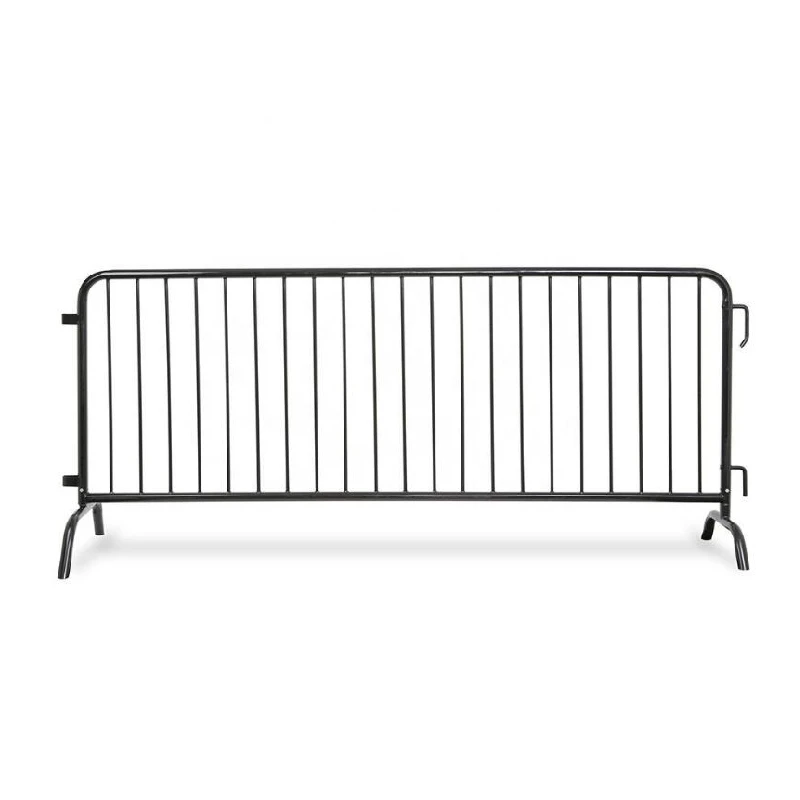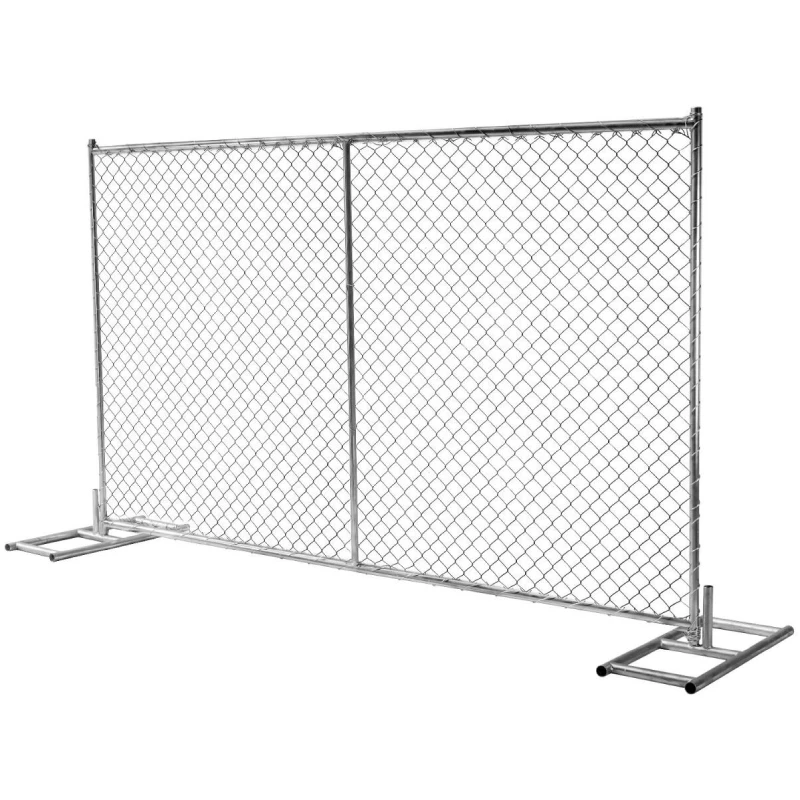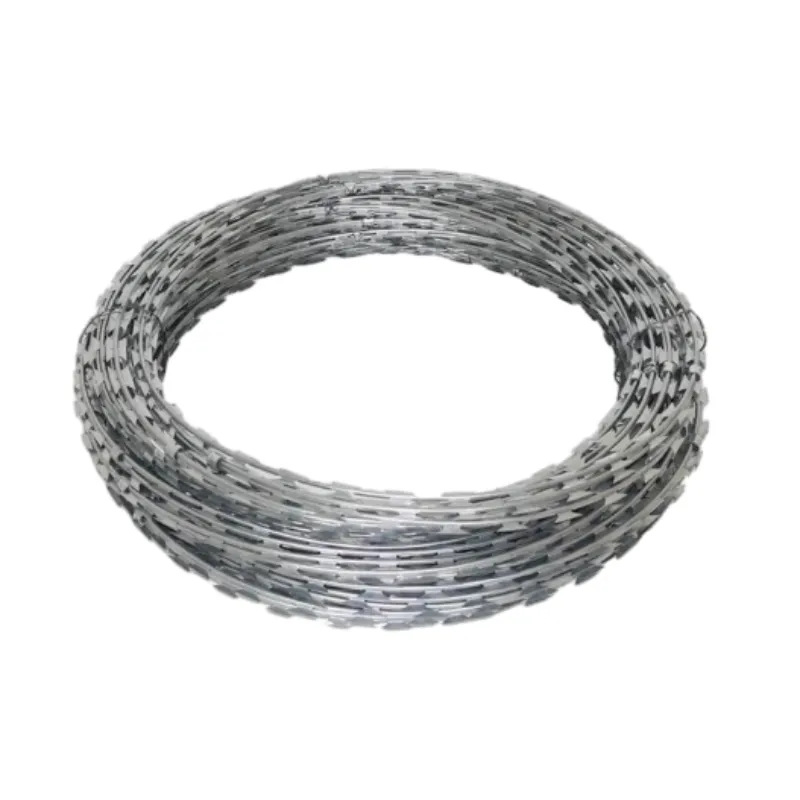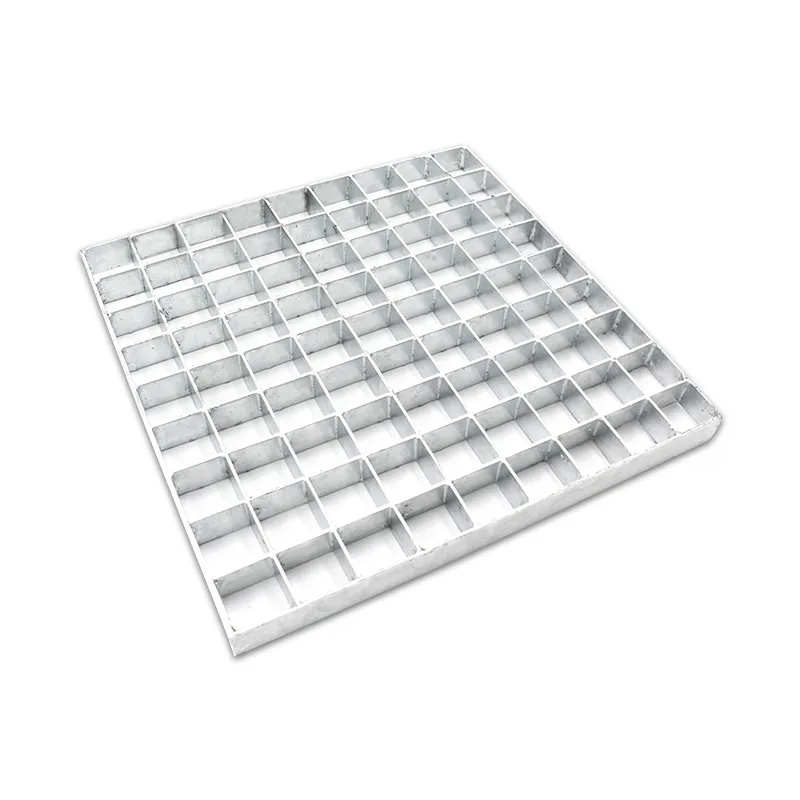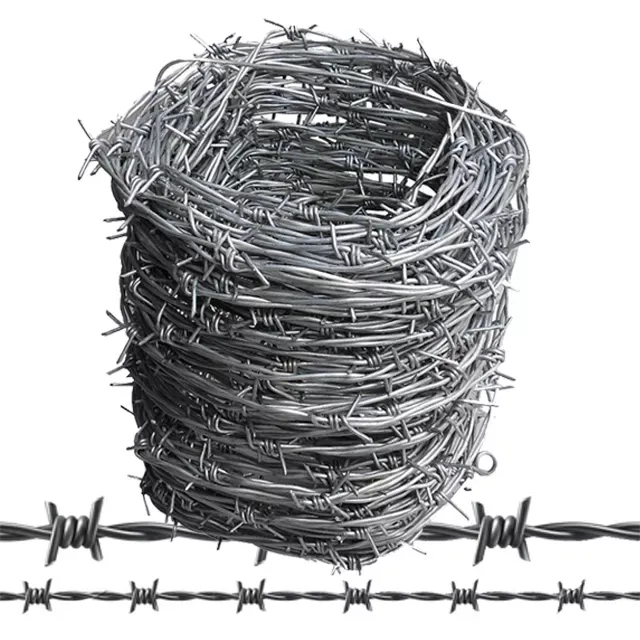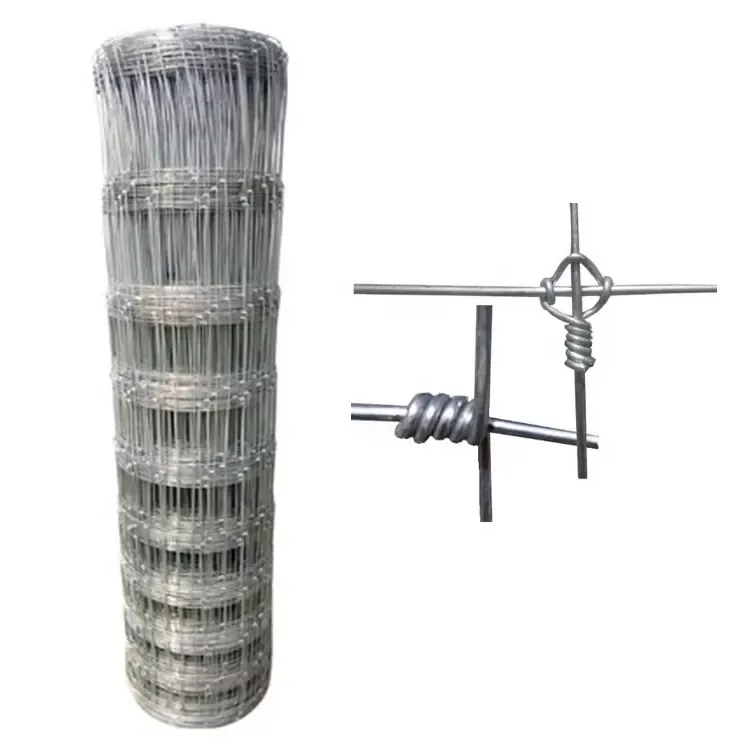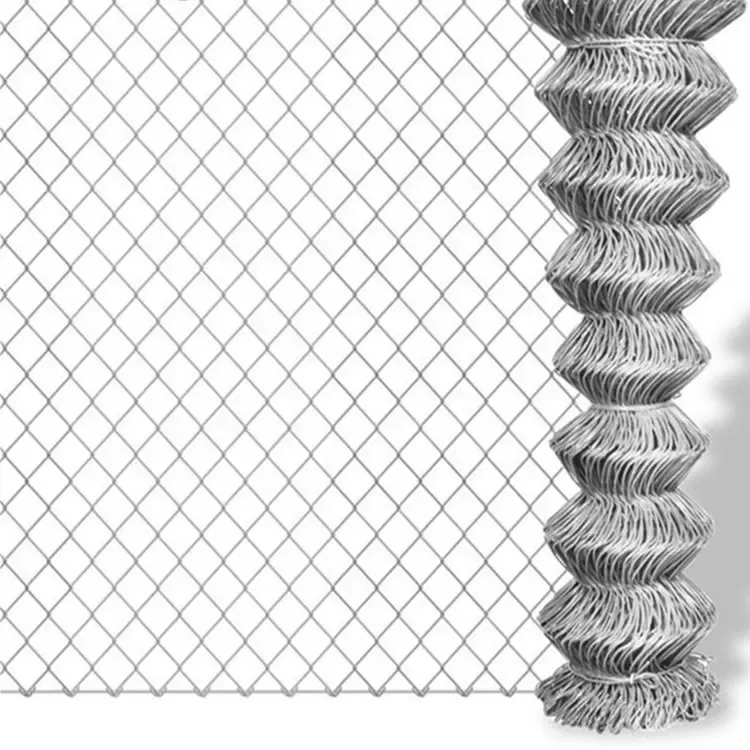
- Afrikaans
- Albanian
- Arabic
- Armenian
- Azerbaijani
- Basque
- Belarusian
- Bengali
- Bosnian
- Bulgarian
- Croatian
- Czech
- Danish
- Dutch
- English
- Esperanto
- Estonian
- Finnish
- French
- Galician
- Georgian
- German
- Greek
- hawaiian
- Hindi
- Hungarian
- Indonesian
- irish
- Italian
- Lao
- Latvian
- Lithuanian
- Luxembourgish
- Macedonian
- Maltese
- Myanmar
- Norwegian
- Polish
- Portuguese
- Romanian
- Russian
- Serbian
- Slovak
- Somali
- Spanish
- Swedish
- Thai
- Turkish
- Turkmen
- Vietnamese
ທ.ວ. . 12, 2024 10:12 Back to list
field fencing prices
Understanding Field Fencing Prices A Comprehensive Guide
Field fencing is an essential aspect of agricultural and rural properties, providing security, delineation of property boundaries, and protection for livestock. Understanding the costs associated with different types of field fencing is crucial for property owners, farmers, and ranchers. This article will explore the various factors influencing field fencing prices, types of fencing available, and how to choose the best option for your needs.
Factors Affecting Field Fencing Prices
1. Material Type The material used for fencing significantly impacts the overall cost. The most common materials include - Barbed Wire One of the most economical options, barbed wire fencing can range from $0.10 to $0.50 per foot. It is best for keeping livestock contained but may not provide the best security against predators. - Wood Fencing Wooden posts and rails can offer a more aesthetic appeal and stronger security but generally cost more. Depending on the type of wood and treatment, prices can range from $2 to $5 per foot. - Wire Fencing Low-tensile or high-tensile wire is also common, generally costing between $0.15 to $0.70 per foot. High-tensile wire is more durable and longer-lasting but requires more robust post materials. - Vinyl or Composite Fencing For those looking for a maintenance-free option, vinyl fencing can be appealing. However, it is typically the most expensive, ranging from $10 to $30 per foot.
2. Post Material The choice of posts can also affect costs. Options include - Wood Posts Economical but may require replacement over time. - Metal Posts More durable and long-lasting; prices range from $2 to $10 depending on the type and gauge. - Concrete Posts The most robust option, offering longevity at a higher price point, ranging from $5 to $15 each.
3. Fence Height and Design Custom designs, such as intricate woven styles, multi-rail designs, or additional features like gates, will add to the overall cost. Higher fences may also require more materials and labor.
4. Labor Costs DIY installation can save significantly on costs but requires time and effort. Professional installation typically adds between $1 and $3 per foot to the overall price, depending on the complexity of the job and local labor rates.
field fencing prices
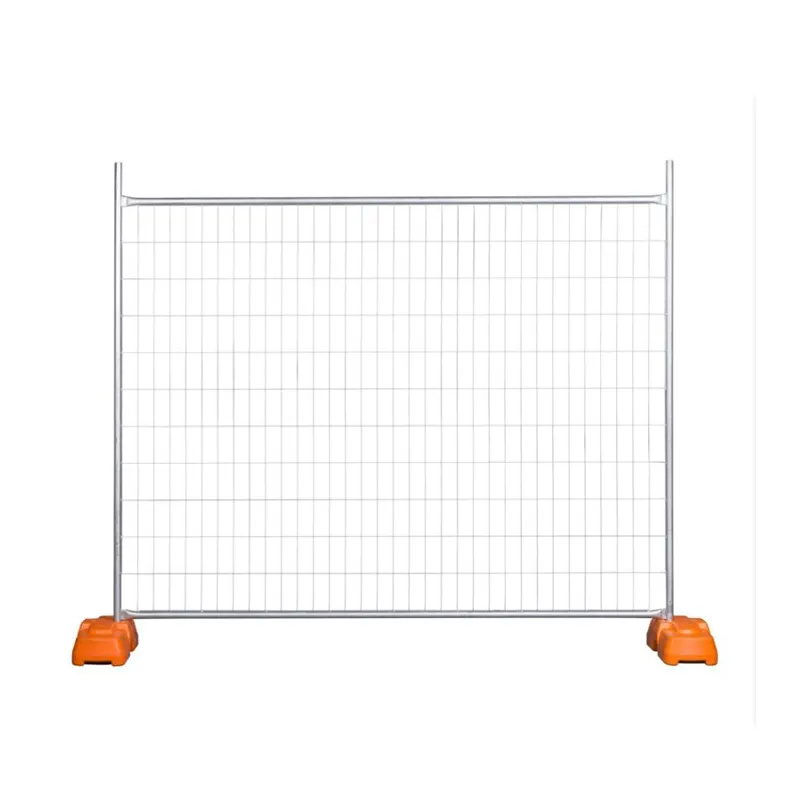
5. Location and Terrain The geographical location can impact material availability and labor costs. Additionally, challenging terrains may necessitate special tools or techniques, increasing labor costs.
Types of Field Fencing
When selecting the appropriate field fencing for your needs, consider the following options
- Barbed Wire Fencing Ideal for cattle and larger livestock. This option is affordable but may not be suited for smaller animals. - Hog Wire or Field Wire Excellent for containing small livestock like goats or sheep, this wire type is dense and provides added security. - Stock Fencing A more robust structure designed for larger animals, stock fencing is effective for mixed livestock operations. - Electric Fencing An increasingly popular option for both livestock and crops, electric fencing varies in cost based on the type of energizer and length of the fence.
Conclusion
Field fencing is an investment that requires careful consideration of various factors, including material, design, installation, and terrain. While initial costs may vary widely, investing in quality fencing can lead to long-term savings through reduced maintenance needs and improved security for livestock and property. Whether you choose barbed wire, wooden fences, or more modern materials like vinyl, understanding the nuances of fencing prices will help you make a more informed decision tailored to your specific agricultural or rural needs.
-
Your Ultimate Solution for Australian Temporary Fencing
NewsMay.14,2025
-
The Ultimate Guide to Crowd Control Barriers: Secure Your Events with Ease
NewsMay.14,2025
-
Secure Your Livestock with High-Quality Livestock Fence Panels
NewsMay.14,2025
-
Enhance Your Livestock Management with Top-Quality Cattle Fences
NewsMay.14,2025
-
Enhance Security and Safety with Temporary Fencing Solutions
NewsMay.14,2025
-
Corral Gates
NewsMay.14,2025


